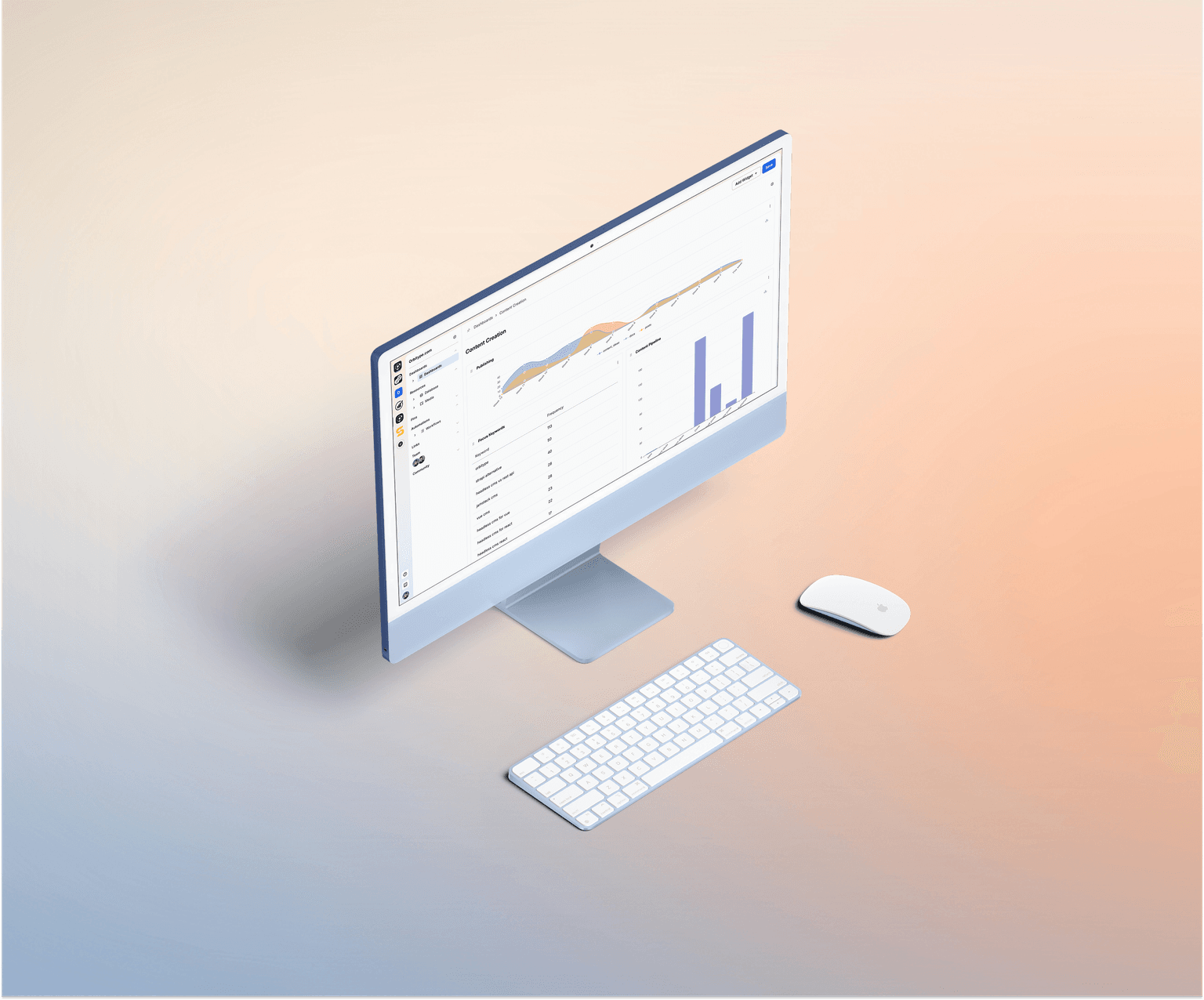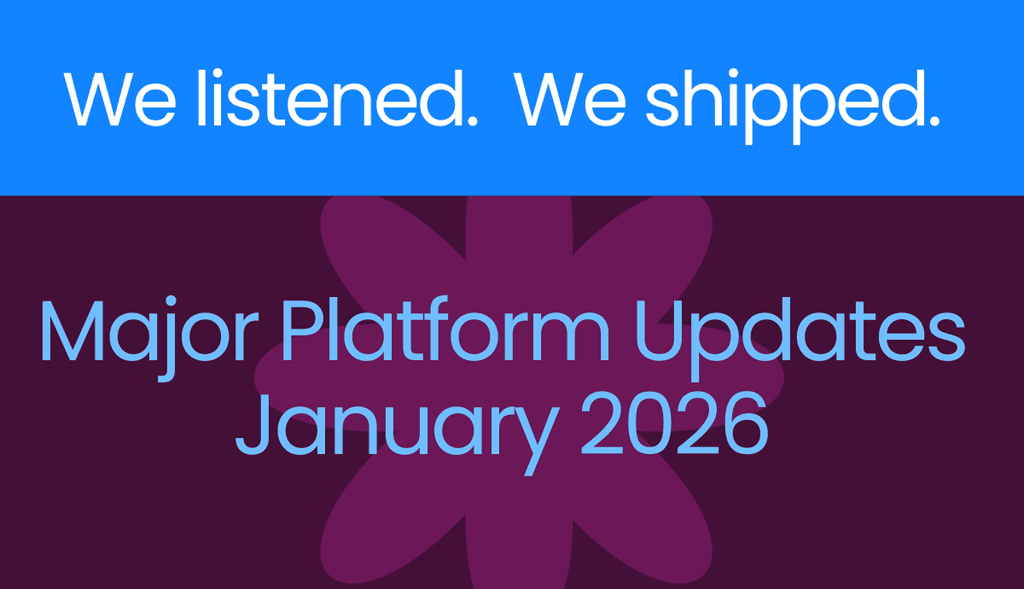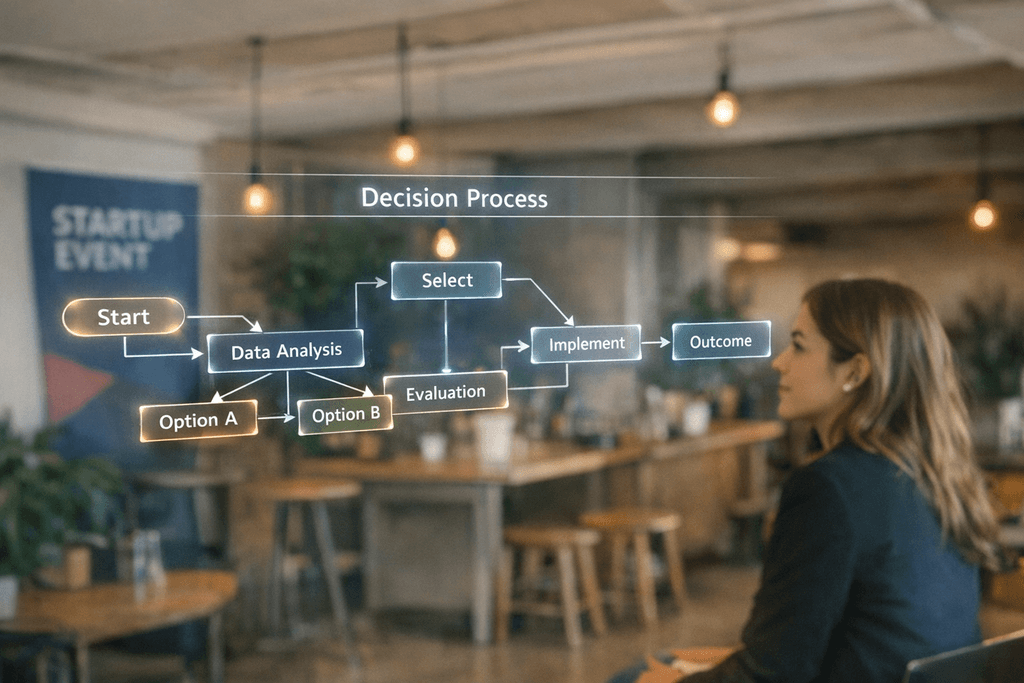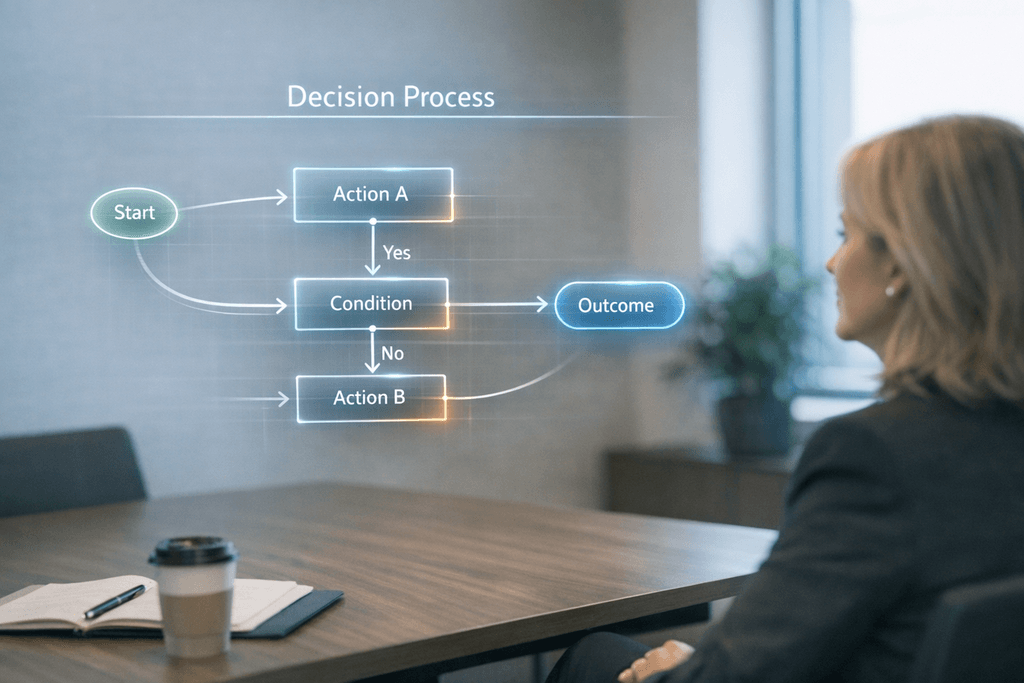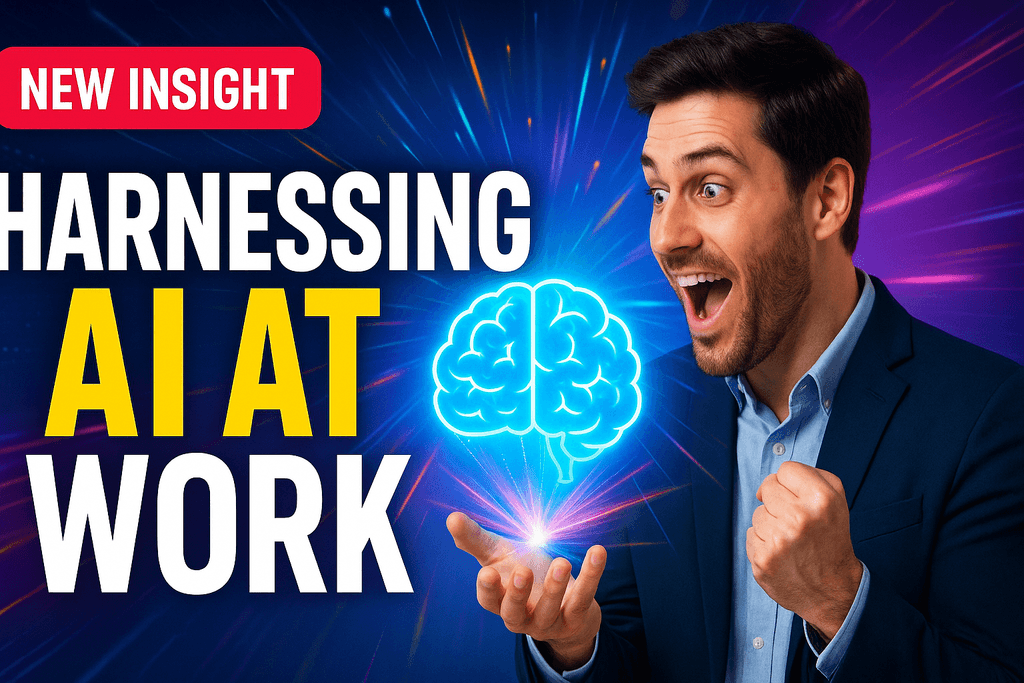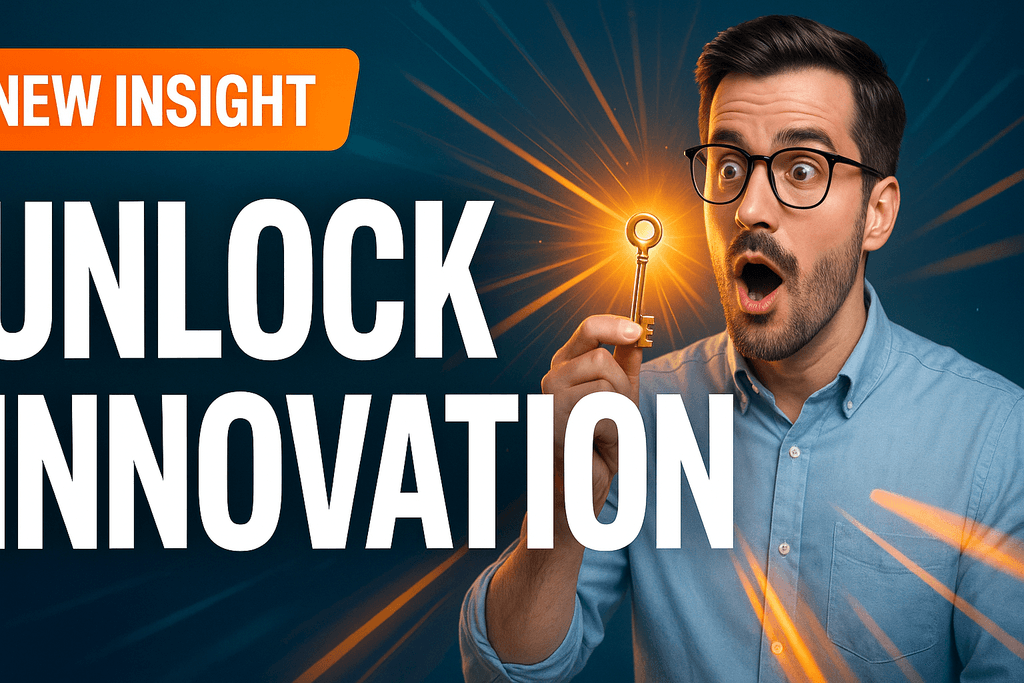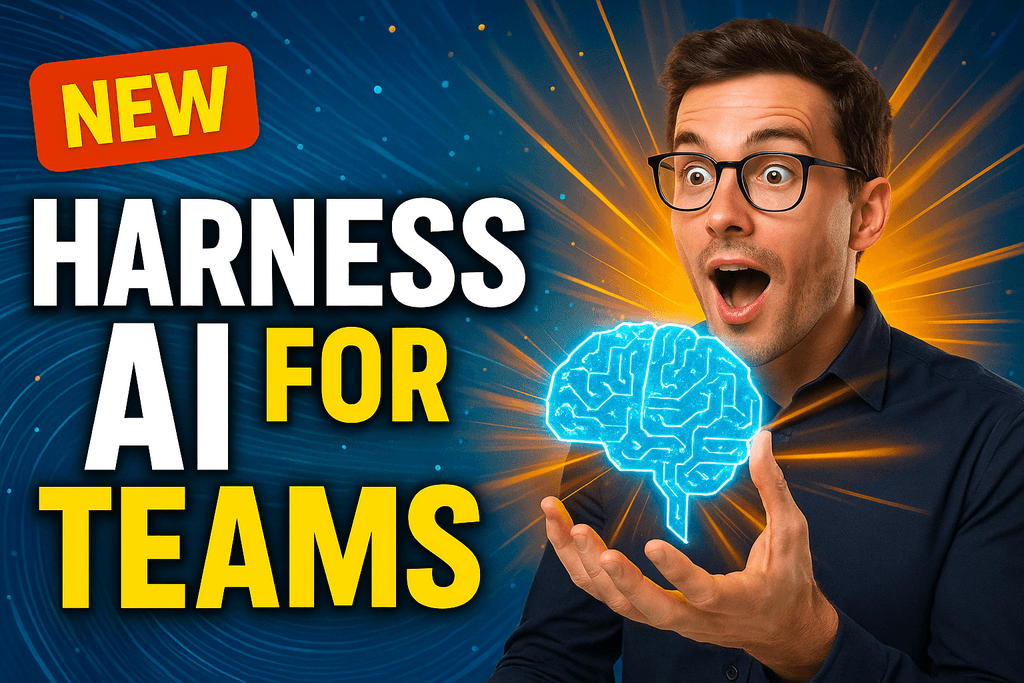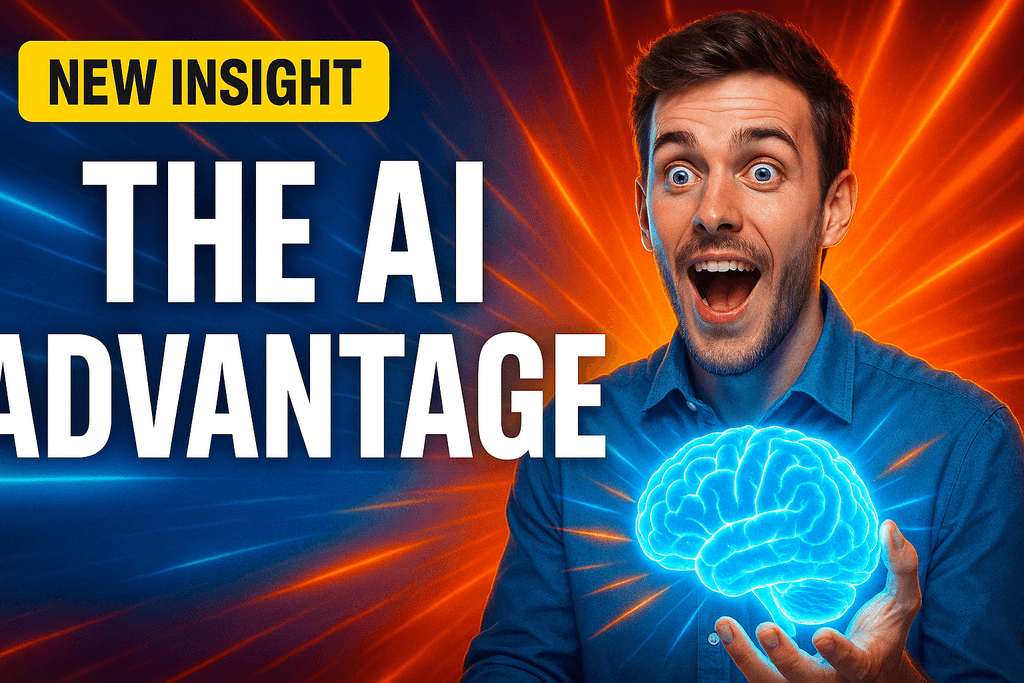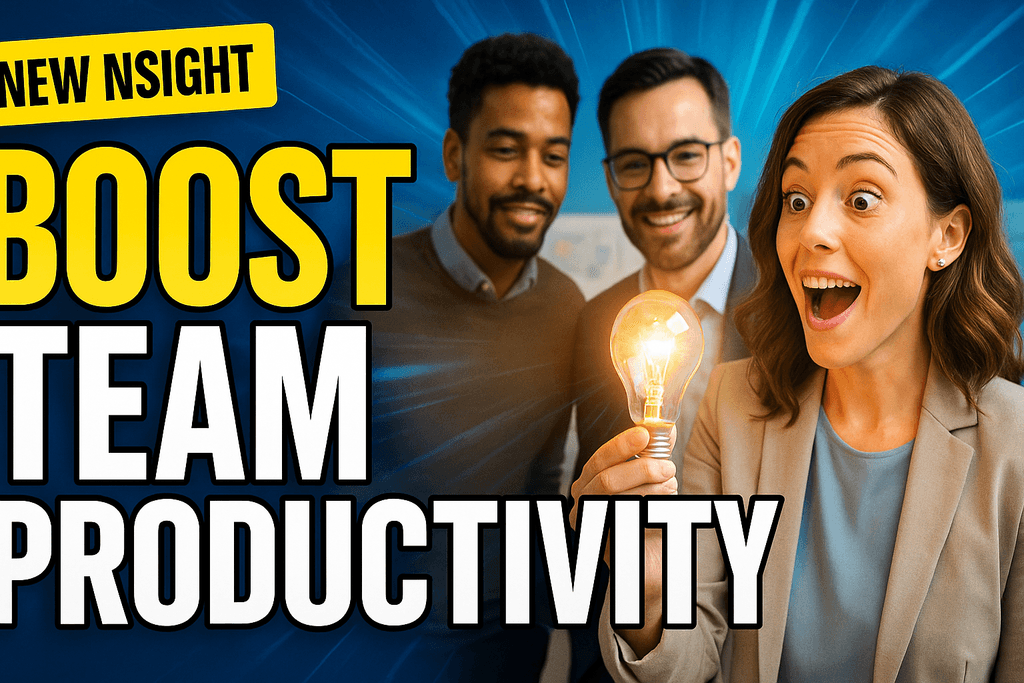
Table of Contents
Understanding Orbitype and Nuxt.js: The Agentic Cloud OS Revolution
Orbitype: Beyond a Headless CMS
Orbitype is a headless content management system that decouples the backend content repository from the frontend presentation layer. However, Orbitype goes far beyond traditional CMS capabilities by functioning as an Agentic Cloud OS – a comprehensive online platform where diverse use cases can be built, from headless CMS to CRM and ERP systems. At its core, Orbitype combines PostgreSQL databases with cloud storage (S3), enhanced by compute resources, workflow automation, and third-party API integrations through serverless functions.
What sets Orbitype apart is its integrated AI agents that have access to all data and processes, enabling intelligent automation and advanced analytics. This API-driven content management approach provides developers with unprecedented flexibility and control, allowing them to build sophisticated content structures while leveraging autonomous AI workforce capabilities for enhanced productivity.
Nuxt.js: A Powerful Framework Enhanced by AI Automation
Nuxt.js is a framework built on top of Vue.js that simplifies the development of universal applications. It extends Vue.js by offering features like server-side rendering, static site generation, and easy configuration. Nuxt.js enhances the performance and SEO of websites by allowing pages to be pre-rendered on the server or at build time, making it an excellent choice for building modern web applications.
When combined with Orbitype's Agentic Cloud OS, Nuxt.js gains access to intelligent automation capabilities through AI agents. These autonomous workflows can automatically optimize content delivery, manage deployment processes, and even generate dynamic content based on user behavior patterns. The modular architecture of Nuxt.js perfectly complements Orbitype's serverless functions and workflow automation, creating a powerful ecosystem for AI-driven development.
Setting Up Orbitype with Nuxt.js: AI-Enhanced Integration
To integrate Orbitype with Nuxt.js, developers first need to set up a Nuxt.js project and install the necessary packages. The process involves creating a new project, configuring Orbitype as the content source, and connecting Nuxt.js to Orbitype's API. This setup allows Nuxt.js to fetch and display content managed in Orbitype, leveraging the CMS's robust content management capabilities.
After setting up Orbitype and generating API keys, developers configure Nuxt.js to use these keys for fetching content. This integration ensures that content is dynamically loaded from Orbitype, enabling developers to build rich, dynamic web applications. The configuration process is straightforward and involves updating the project settings to include the necessary API details.
With Orbitype's AI agents integrated into the workflow, the setup process can be further automated. AI workforce capabilities can monitor code changes, automatically update configurations, and even suggest optimizations based on performance data. These intelligent automation features transform traditional development workflows into autonomous, self-optimizing systems.
Leveraging Static Site Generation with AI Optimization
What is Static Site Generation?
Static Site Generation (SSG) involves pre-rendering pages at build time, generating static HTML files that can be served directly to users. This approach offers several benefits, including improved performance, scalability, and SEO. Pre-rendered pages load quickly and are easily indexed by search engines, enhancing the overall user experience and search engine ranking.
Orbitype's AI agents can intelligently optimize the SSG process by analyzing content patterns, user behavior, and performance metrics. These autonomous workflows automatically determine which pages should be pre-rendered, when to trigger rebuilds, and how to optimize content structure for maximum performance. The AI workforce continuously monitors site performance and can automatically adjust caching strategies and content delivery optimization.
Implementing SSG with Automated Workflows
To configure Nuxt.js for static site generation, developers set the project to generate static files during the build process. This configuration ensures that content fetched from Orbitype is pre-rendered into static HTML. By leveraging SSG, developers can create websites that load faster and perform better, providing users with a seamless browsing experience.
The integration of SSG with Orbitype's API-driven content management ensures that even complex content structures are efficiently rendered as static files. Orbitype's workflow automation capabilities can trigger automatic rebuilds when content changes, deploy updates through serverless functions, and maintain content freshness without manual intervention. AI agents monitor content repositories where structured contents are saved and automatically optimize the generation process based on usage patterns and performance data.
AI-Powered Collaboration and Workflow Optimization
Effective collaboration and streamlined workflows are essential for efficient content management. Modern development teams require CMS solutions that offer robust collaboration tools and intelligent workflow optimization features that go beyond traditional manual processes.
Orbitype's AI-Enhanced Innovation: Orbitype includes a suite of collaboration and workflow optimization tools powered by AI agents. The platform supports version control, multi-user collaboration, and detailed permission settings, allowing teams to work together seamlessly. AI workforce capabilities automate task assignments, predict bottlenecks, and optimize resource allocation based on team performance patterns. These autonomous workflows ensure that content moves smoothly from creation to publication, reducing bottlenecks and improving productivity through intelligent automation. Learn more about automating content workflows with Orbitype's custom solutions.
Enhancing Performance with AI-Driven Server-Side Rendering
Understanding Server-Side Rendering
Server-Side Rendering (SSR) involves rendering pages on the server at request time and sending fully rendered HTML to the client. This approach improves initial load times and SEO by delivering pre-rendered content that is ready to be displayed. SSR is particularly beneficial for dynamic content that changes frequently, ensuring that users always see the most up-to-date information.
Orbitype's AI agents enhance SSR by intelligently caching strategies, predicting content needs, and optimizing server resource allocation. The AI workforce can automatically determine when to use SSR versus SSG based on content volatility and user access patterns, creating a hybrid approach that maximizes both performance and freshness.
Implementing SSR with Intelligent Automation
To configure Nuxt.js for server-side rendering, developers ensure that the project settings support SSR. This configuration allows Nuxt.js to fetch content from Orbitype and render it on the server before sending it to the client. By using SSR, developers can enhance the performance and SEO of their websites, delivering a superior user experience.
The combination of SSR and Orbitype's API-driven content management ensures that even complex and dynamic content is efficiently rendered and displayed. Orbitype's serverless functions can automatically scale SSR processes based on traffic patterns, while AI agents monitor performance metrics and adjust rendering strategies in real-time. This intelligent automation creates self-optimizing systems that maintain peak performance without manual intervention.
SEO Best Practices with AI-Enhanced Optimization
SEO Advantages of Using Nuxt.js
Nuxt.js enhances SEO through both SSG and SSR by ensuring that search engines can index fully rendered pages. Key SEO features in Nuxt.js include the ability to easily configure meta tags, generate sitemaps, and set canonical URLs. These features help search engines understand and index the content more effectively, improving the website's search engine ranking.
With Orbitype's AI agents integrated into the workflow, SEO optimization becomes an autonomous process. The AI workforce can automatically analyze content performance, suggest meta tag improvements, and optimize content structure based on search engine algorithms. Discover how AI agents maximize enterprise efficiency with autonomous workflows for comprehensive SEO management.
Advanced SEO Optimization with Orbitype's AI Workforce
To optimize SEO with Orbitype, developers can structure content in a way that is easily understood by search engines. By storing meta titles, descriptions, and keywords in Orbitype, and dynamically injecting them into Nuxt.js pages, developers can ensure that each page is optimized for search engines. Additionally, using Nuxt.js modules for SEO optimization further enhances the website's visibility and ranking.
Orbitype's AI agents take SEO optimization to the next level through intelligent automation. The Application Programming Interface enables AI workforce to continuously monitor search engine performance, analyze competitor strategies, and automatically adjust content optimization strategies. These autonomous workflows can generate schema markup, optimize image alt texts, and even create content variations for A/B testing SEO performance, ensuring maximum search engine visibility without manual oversight.
Conclusion: The Future of AI-Driven Web Development
Integrating Orbitype with Nuxt.js provides a robust solution for developers seeking to build high-performing, SEO-friendly websites enhanced by AI automation. By leveraging static site generation and server-side rendering alongside intelligent workflow automation, developers can enhance performance and SEO while benefiting from autonomous AI workforce capabilities that continuously optimize and improve their applications.
Whether you are building a dynamic application or a static site, the combination of Orbitype's Agentic Cloud OS and Nuxt.js offers the flexibility and power needed to achieve your goals. The integration of AI agents, serverless functions, and automated workflows creates a future-ready development environment that adapts and evolves with changing requirements, delivering superior user experiences through intelligent automation.
